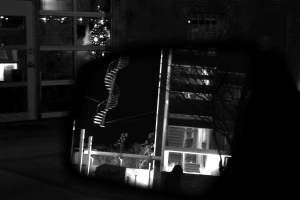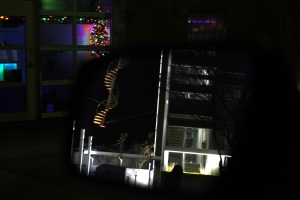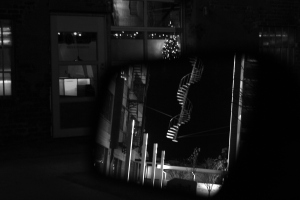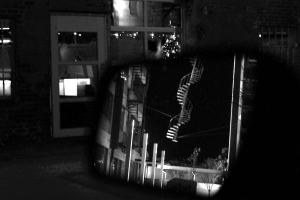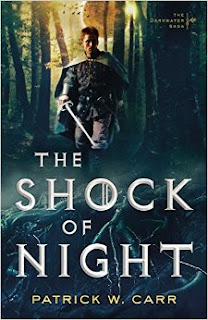Due to life-related factors, today's entry will be equally brief. Others in the tour have delved into the writing itself and the spiritual and theological aspects of this fantasy-mystery tale, but I was struck by the inclusion of a PTSD-stricken protagonist (although such modern terminology was not used). In Carr's previous series, the hero was an alcoholic young man who was abused since childhood -- not typical fantasy fare.
In this series, the hero -- Willet Dura -- is a would-be priest who was sent to war, but his mind has shut out an important chunk of those experiences. Not only is part of his memory missing, he sleepwalks, and his job as one of the king's reeves means he encounters death in many forms. In fact, he has a strange fascination with it, and he questions the dead about what they know now that they're, well, dead.
I like that I can connect with Carr's fictional folk. He knows that externals do not make up a man's character, that not everything is what it seems, and that anything and anyone can change.
And they do.
Dura's study of the dead takes a step toward the further-weird when he gains the ability to read the thoughts of the living.
I wrote yesterday that this is fantasy for grownups, but I think teens would like it, too.
And for readers who don't want only mystery-solving or action scenes, there's a quiet romance between Dura and Gael, a well-off young lady whose uncle is scheming up an advantageous marriage that doesn't include Dura.
One thing that leans this story toward the grownup end of the readership is precisely that romance, and the other decisions and sacrifices that must be made. These characters aren't teenagers in a coming-of-age tale, but are already adults who've been shaped by war and torment, hardship and abuse. Even allies can be at odds with one another, and pride and ignorance still cause folk to stumble, but -- as a forty-something reader -- it's refreshing to encounter a fantasy yarn for readers older than sixteen. ;)









